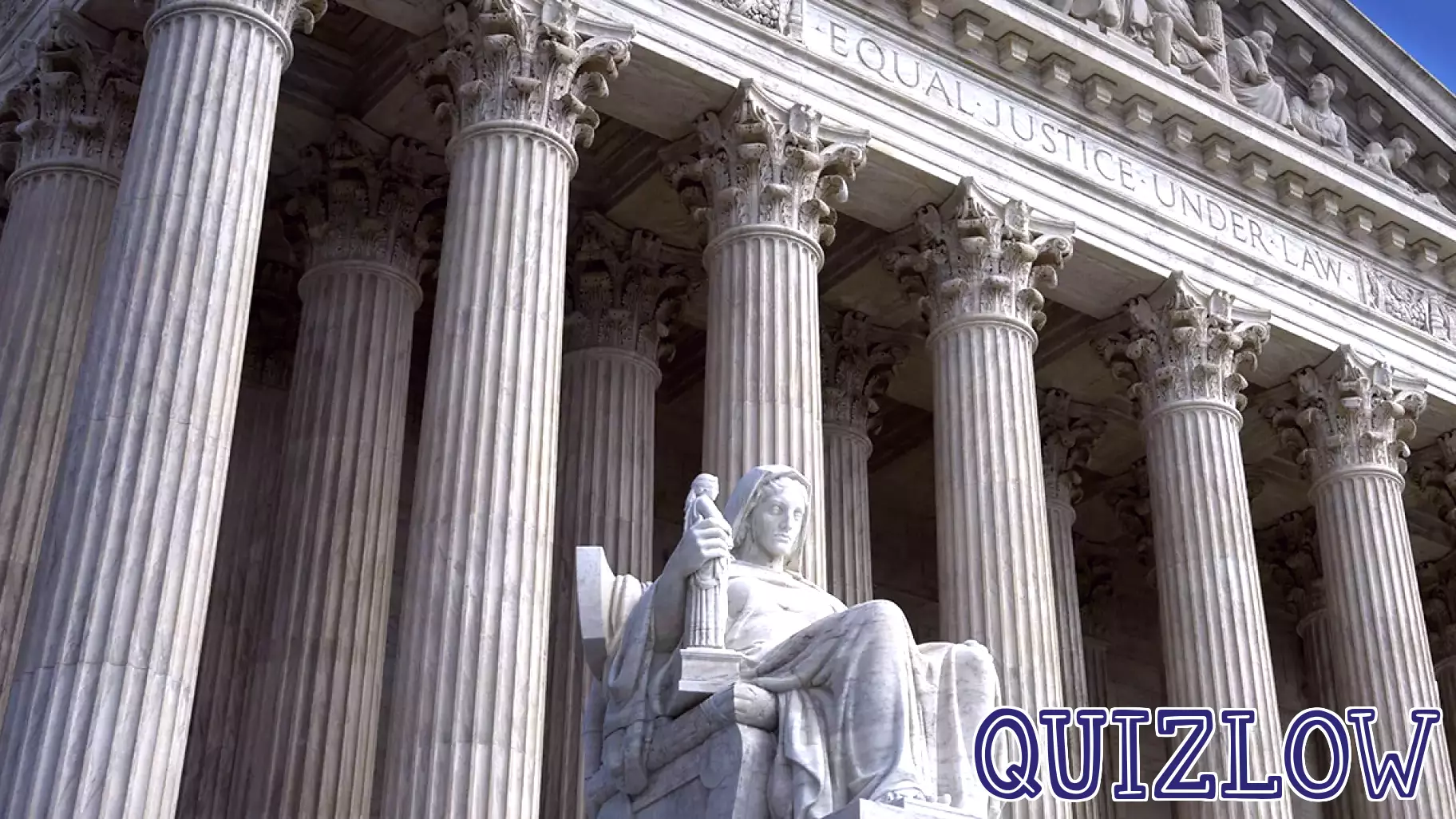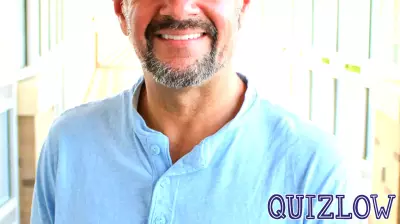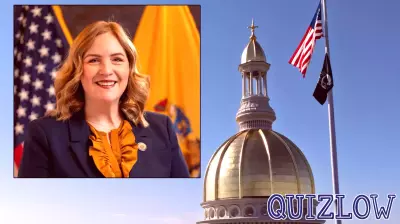Supreme Court Faces Critical Decision on Religious Charter Schools
May 4, 2025 - 11:42

Last week, the Supreme Court engaged in oral arguments regarding a pivotal case that could significantly impact public education throughout the United States. The central issue at stake is whether a religious organization should be permitted to operate a publicly funded charter school. This decision carries the potential to challenge the long-standing principle of separation of church and state, as well as the rights of students and families who rely on public education.
Proponents of the case argue that allowing religious institutions to manage charter schools could enhance educational opportunities, while opponents warn that it might lead to the erosion of public education's secular foundation. Critics express concern that such a ruling could pave the way for increased religious influence in public schooling, potentially marginalizing students from diverse backgrounds and beliefs.
As the justices weigh the implications of their ruling, educators, parents, and advocates for public education are watching closely, aware that the outcome could reshape the landscape of American education for generations to come. The decision will not only affect the future of charter schools but also raise essential questions about the role of religion in public life and education.
MORE NEWS

February 20, 2026 - 18:44
OSU-CHS awarded US Department of Education grant for civil discourse projectOklahoma State University Center for Health Sciences (OSU-CHS) has received a substantial federal grant nearing $4 million to lead a national initiative aimed at strengthening civil discourse. The...

February 20, 2026 - 12:09
Indian Lake Board of Education honors Headings, bids farewell to three employeesThe Indian Lake Board of Education convened its rescheduled February meeting this week, with a primary focus on honoring dedicated service and marking the retirement of three long-time staff...

February 19, 2026 - 21:01
Governor’s pick for education chief sails through confirmation hearingLily Laux, a former high-ranking official within the Texas Education Agency, is poised to become the state`s next Commissioner of Education following a confirmation hearing that saw broad,...

February 19, 2026 - 04:44
Cornerstone University Launches Groundbreaking General Education Core CurriculumCornerstone University has launched a pioneering general education program designed to deeply integrate Christian faith with academic study and civic engagement. The new initiative, named The...